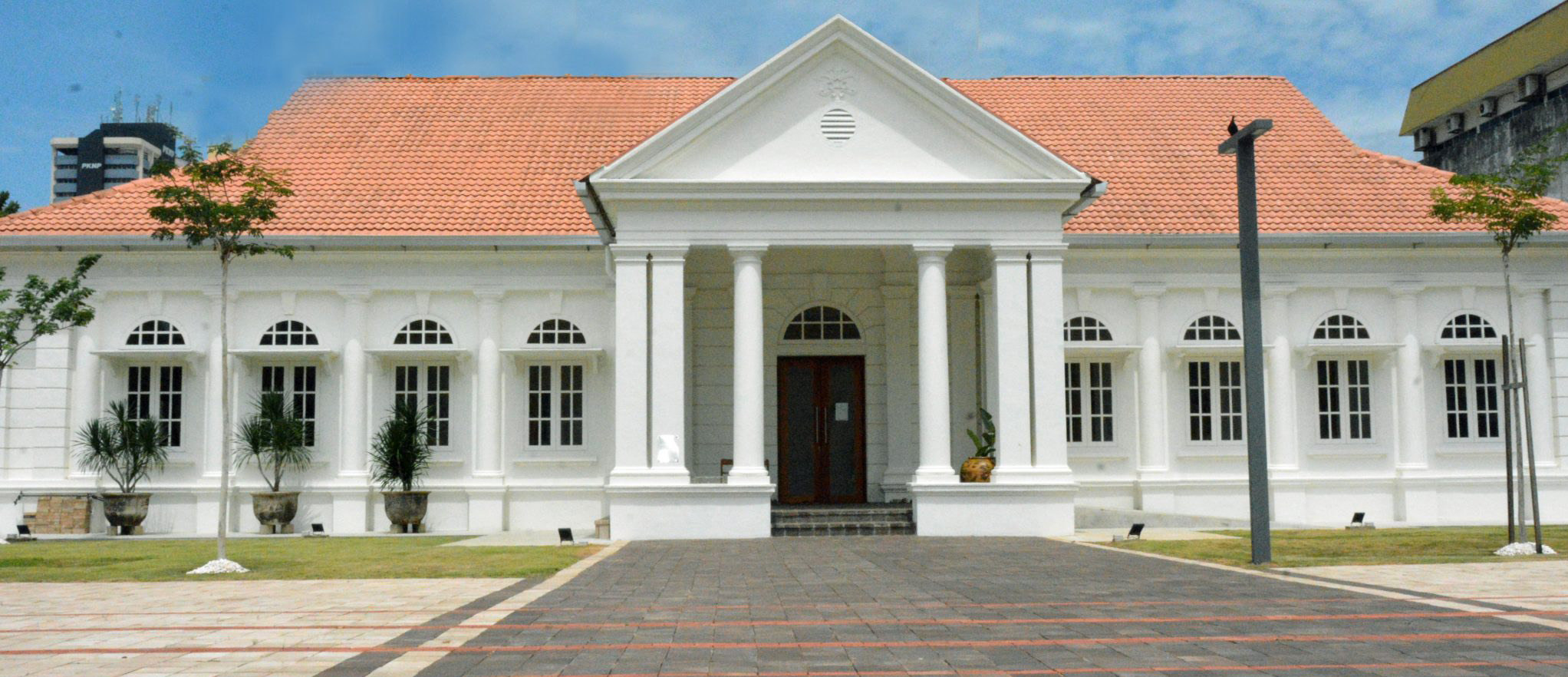| 000 -LEADER |
|---|
| fixed length control field |
02560nam a22002057a 4500 |
| 003 - CONTROL NUMBER IDENTIFIER |
|---|
| control field |
PMNP |
| 005 - DATE AND TIME OF LATEST TRANSACTION |
|---|
| control field |
20250407151621.0 |
| 008 - FIXED-LENGTH DATA ELEMENTS--GENERAL INFORMATION |
|---|
| fixed length control field |
250407b |||||||| |||| 00| 0 eng d |
| 020 ## - INTERNATIONAL STANDARD BOOK NUMBER |
|---|
| International Standard Book Number |
9780802158253 |
| 040 ## - CATALOGING SOURCE |
|---|
| Original cataloging agency |
PMNP |
| Language of cataloging |
eng |
| Transcribing agency |
Kutubkhanah Diraja |
| 082 ## - DEWEY DECIMAL CLASSIFICATION NUMBER |
|---|
| Classification number |
943 |
| 100 ## - MAIN ENTRY--PERSONAL NAME |
|---|
| 9 (RLIN) |
3450 |
| Personal name |
Wolff, Alexander |
| 245 ## - TITLE STATEMENT |
|---|
| Title |
Endpapers : |
| Remainder of title |
a family story of books, war, escape, and home |
| Statement of responsibility, etc. |
Alexander Wolff |
| 260 ## - PUBLICATION, DISTRIBUTION, ETC. |
|---|
| Place of publication, distribution, etc. |
New York, NY |
| Name of publisher, distributor, etc. |
Atlantic Monthly Pres |
| Date of publication, distribution, etc. |
2021 |
| 300 ## - PHYSICAL DESCRIPTION |
|---|
| Extent |
376pages |
| Accompanying material |
Includes bibliographical references and index |
| 520 ## - SUMMARY, ETC. |
|---|
| Summary, etc. |
A literary gem researched over a year the author spent living in Berlin, Endpapers excavates the extraordinary histories of the author's grandfather and father: the renowned publisher Kurt Wolff, dubbed "perhaps the twentieth century's most discriminating publisher" by the New York Times Book Review, and his son Niko, who fought in the Wehrmacht during World War II before coming to America. Kurt Wolff was born in Bonn into a highly cultured German-Jewish family, whose ancestors included converts to Christianity, among them Baron Moritz von Haber, who became famous for participating in a duel that led to bloody antisemitic riots. Always bookish, Kurt became a publisher at twenty-three, setting up his own firm and publishing Franz Kafka, Joseph Roth, Karl Kraus, and many other authors whose books would soon be burned by the Nazis. Fleeing Germany in 1933, a day after the Reichstag fire, Kurt and his second wife, Helen, sought refuge in France, Italy, and ultimately New York, where in a small Greenwich Village apartment they founded Pantheon Books. Pantheon would soon take its own place in literary history with the publication of Nobel laureate Boris Pasternak's novel Doctor Zhivago, and as the conduit that brought major European works to the States. But Kurt's taciturn son Niko, offspring of his first marriage to Elisabeth Merck, was left behind in Germany, where despite his Jewish heritage he served the Nazis on two fronts. As Alexander Wolff visits dusty archives and meets distant relatives, he discovers secrets that never made it to the land of fresh starts, including the connection between Hitler and the family pharmaceutical firm E. Merck, and the story of a half-brother Niko never knew. With surprising revelations from never-before-published family letters, diaries, and photographs, Endpapers is a moving and intimate family story, weaving a literary tapestry of the perils, triumphs, and secrets of history and exile |
| 650 #0 - SUBJECT ADDED ENTRY--TOPICAL TERM |
|---|
| 9 (RLIN) |
86 |
| Topical term or geographic name entry element |
History |
| 942 ## - ADDED ENTRY ELEMENTS (KOHA) |
|---|
| Source of classification or shelving scheme |
|
| Koha item type |
Books |
| Suppress in OPAC |
No |
